Credit Scores and Home Buying Explained

Your credit score plays a significant role in the homebuying process. It’s a key factor lenders consider when determining your loan options and terms. However, a common myth about credit scores might be discouraging some potential buyers.
The Myth: You Need Perfect Credit
According to Fannie Mae, only 32% of prospective homebuyers understand the credit score requirements lenders typically expect.
This means the majority—nearly two-thirds—misjudge what’s needed, often overestimating the minimum credit score required.
The Reality: Perfection Isn’t Required
The truth is, you don’t need a perfect credit score to achieve homeownership. Check out the graph below to see the average credit scores of recent homebuyers, broken down by loan type.

There isn’t a universal credit score requirement for securing a home loan. As FICO clarifies:
"While many lenders use credit scores like FICO Scores to guide their lending decisions, each lender has its own approach, including the level of risk it deems acceptable. There is no universal ‘cutoff score,’ and lenders may consider many additional factors . . .”
This means even if your credit score isn’t as high as you’d like, you could still qualify for a home loan. Keep in mind, however, that while you don’t need perfect credit to purchase a home, your credit score can influence the loan options and terms available to you.
Partnering with a trusted lender can help you understand what options you qualify for and guide you through the process.
Simple Tips to Boost Your Credit Score
If you’d like to expand your loan options after speaking with a lender, here are a few expert tips from Experian and Freddie Mac to improve your credit score:
1. Pay Your Bills on Time
Consistently paying credit cards, utilities, and other monthly bills on time shows lenders you’re responsible and reliable.
2. Reduce Outstanding Debt
Lowering your debt improves your credit utilization ratio (the amount of credit you’re using compared to your limit) and makes you a lower-risk borrower, increasing your chances of better loan terms.
3. Avoid Applying for New Credit
Opening new credit accounts might seem helpful, but too many applications in a short period can hurt your score. Focus on managing your current accounts instead.
Bottom Line
Your credit score doesn’t need to be perfect to qualify for a home loan. While it’s true that your score plays a role in determining your loan options and terms, many factors are considered in the approval process. The best way to understand your position is to work with a trusted lender who can assess your unique situation and guide you through the options available. A knowledgeable lender can help you identify the right loan products for your needs and offer personalized advice to strengthen your financial profile. Taking this step can bring you closer to achieving your dream of homeownership with confidence.
Categories
Recent Posts

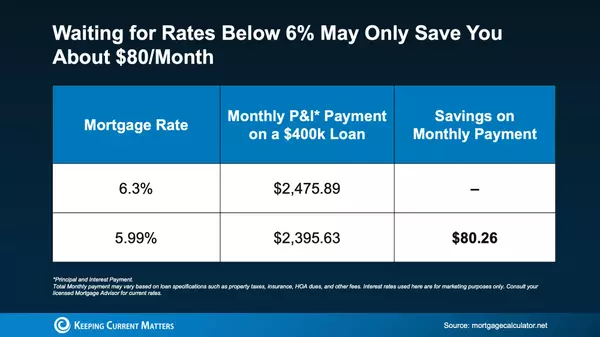
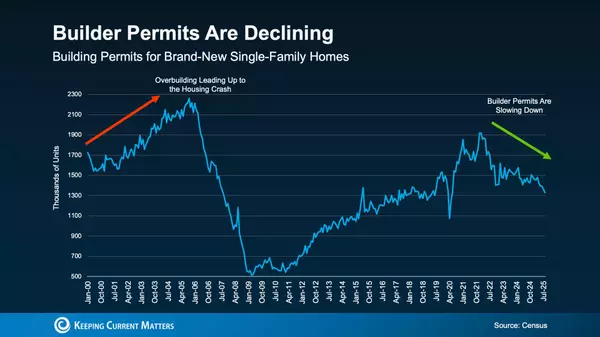

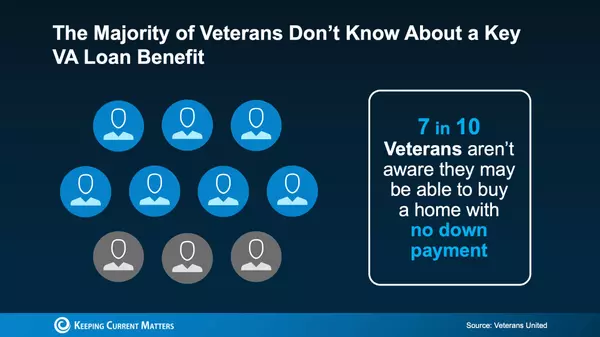
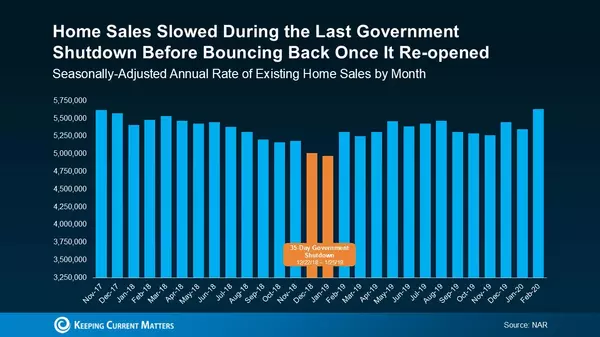
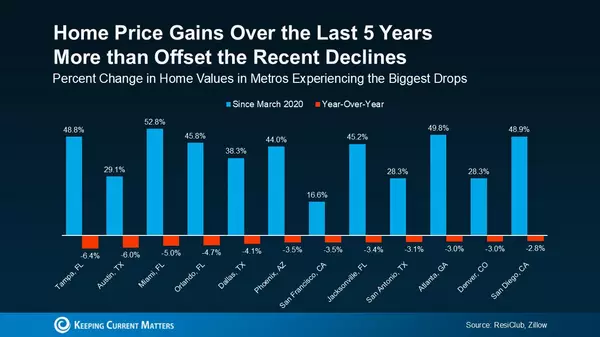

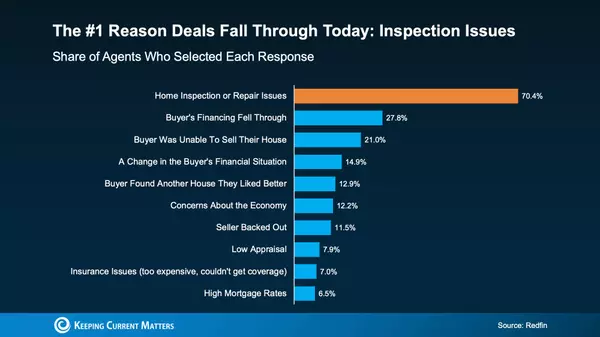
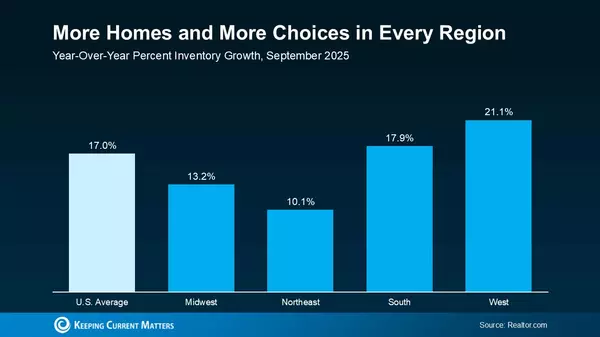
GET MORE INFORMATION


